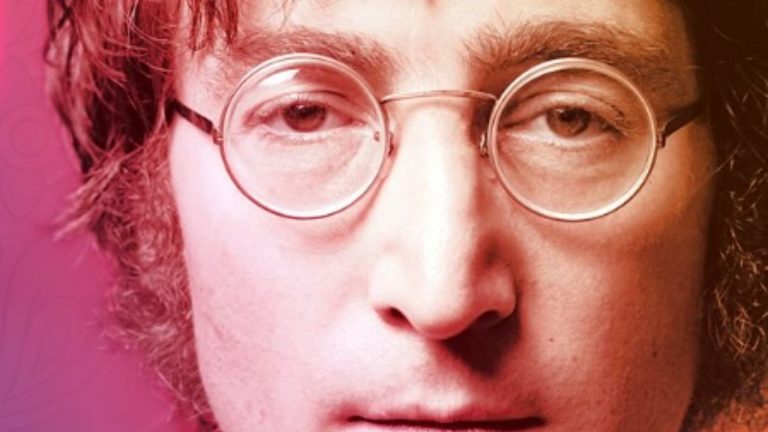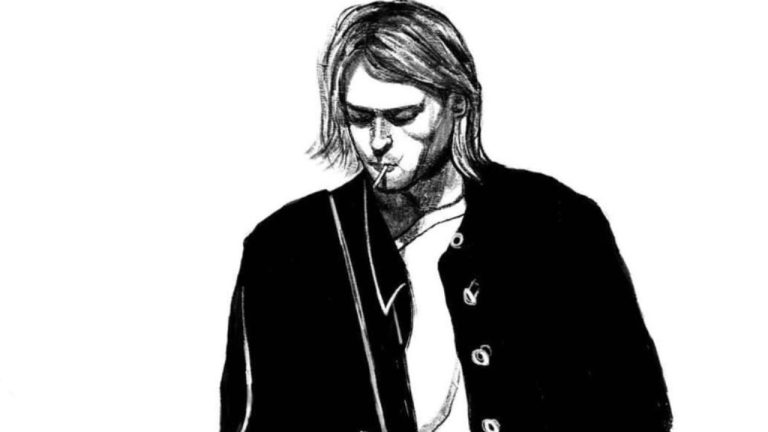What Really Led to Robin Williams’ Tragic Death?

The Tragic Death of Robin Williams: An Intricate Network of Anguish and Unspoken Battles
Robin Williams, one of the world’s most adored comic geniuses, passed away on August 11, 2014. An autopsy later showed that he died by hanging, but his death was first reported as a suspected suicide. The actor has been struggling with several personal issues, such as a recent diagnosis of Lewy body dementia, severe depression, substance misuse, and financial distress. Even though his death was sudden, it was a terrible reminder that even Hollywood’s biggest stars can suffer in quiet.
Fans and loved ones were left wondering how someone who made so many people happy could have been so deeply depressed after Williams’ death rocked the world. The solution is found in a heartbreaking and intricate confluence of risk factors that made his battle with mental illness all but impossible. This terrible incident serves as a sobering reminder that mental illness has no bounds and that no one is immune to personal suffering due to the demands of celebrity.

A Bright Life Undershadowed by Pain
Robin Williams was a well-known comedian who was nominated for four Academy Awards. Williams was born on July 21, 1951, and although he hailed from a wealthy family, his path to fame wasn’t easy. Beneath his contagious humor lay a man who endured severe personal hardships. His story serves as a reminder of the perils of untreated mental illness, addiction, and emotional stress, as well as the darkness that can exist beneath the laughter.
Robin Williams had a cocaine addiction by the late 1970s, which he finally kicked following the passing of a close friend. His fight against addiction was far from done, though. Throughout his life, he battled alcoholism and repeatedly checked himself into recovery. The actor was greatly impacted by this addiction in addition to his struggles with depression. He was taken to a rehabilitation facility in 2003 for alcohol misuse, and his public disclosures of his mental health issues only served to deepen the tragic and complex narrative.
The Weight of Notoriety and Economic Difficulties
Although fame might bring adoration and money, it sometimes has a high price. Robin Williams’ notoriety did not protect him from life’s harsh truths. He had to pay settlements totaling tens of millions of dollars after two turbulent divorces. In addition to emotionally draining him, these financial setbacks exacerbated his already severe depression. One of the numerous contributing causes to Williams’ death was his loss of financial security, which is considered to be a trigger for suicidal thoughts.
The discontinuation of his television show, “The Crazy Ones,” in 2014 added to his stress. This setback to his career occurred shortly after he had heart surgery in 2009, which made his mental health issues worse. His pals then disclosed that the cancellation was extremely draining for him, further undermining his capacity for emotional fortitude.
The Last Days: A Dangerous Decline
Robin Williams’ difficulties intensified in the months before his passing. His health continued to deteriorate after he was admitted to the Hazelden Foundation Addiction Treatment Center for alcohol-related problems. In a terrible turn of events, he was later found to have Parkinson’s disease symptoms, which only made his paranoia and anxiety worse. Williams was profoundly devastated by this diagnosis, as his wife Susan subsequently verified.
Robin Williams’ behavior became increasingly unpredictable in the final days of his life. He slept in a different room, distanced himself from his wife, and engaged in odd habits like concealing wristwatches to “keep them safe.” He called his wife the night before he committed himself, saying he was purchasing magazines, only to come home, go through the closet, and take his iPad with him. Sadly, no one saw these warning indications of imminent self-harm.
The Tragic Finding
His aide discovered Robin Williams hanging from a closet door frame on a nylon belt on August 11, 2014. It was determined that he committed suicide. His system had therapeutic amounts of antidepressants and anxiety drugs, according to the autopsy results, and additional testing verified the presence of Lewy bodies in his brain, a defining feature of Lewy body dementia. This illness is said to have contributed significantly to his loss of mental health and causes symptoms akin to those of Parkinson’s disease.
An Upsetting Reality We Must Face
The circumstances surrounding Robin Williams’ suicide are not exclusive. Among the main causes of suicide thoughts and behaviors include depression, substance misuse, financial difficulties, and chronic illness. Robin Williams’ passing ought to serve as a reminder to the public that even the most successful people might be going through personal turmoil.
Laughter and misery, light and dark characterized Robin Williams’ life. His untimely death makes us appreciate the value of mental health and the fact that everyone, regardless of fame or popularity, is susceptible to mental illness.
Follow us on Instagram and X (Formerly Twitter)
For the latest posts visit The Celebrity Gossips





